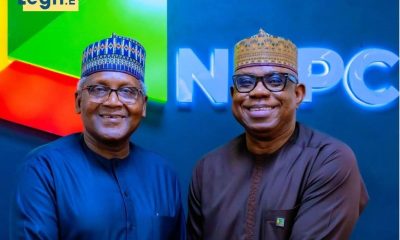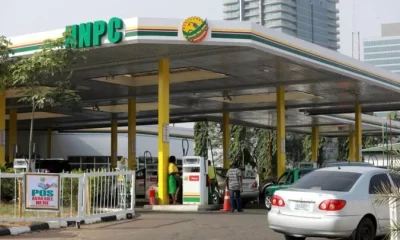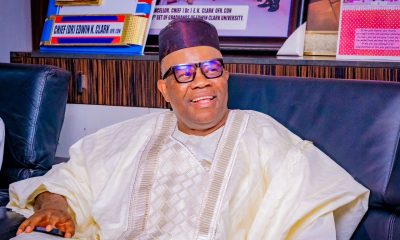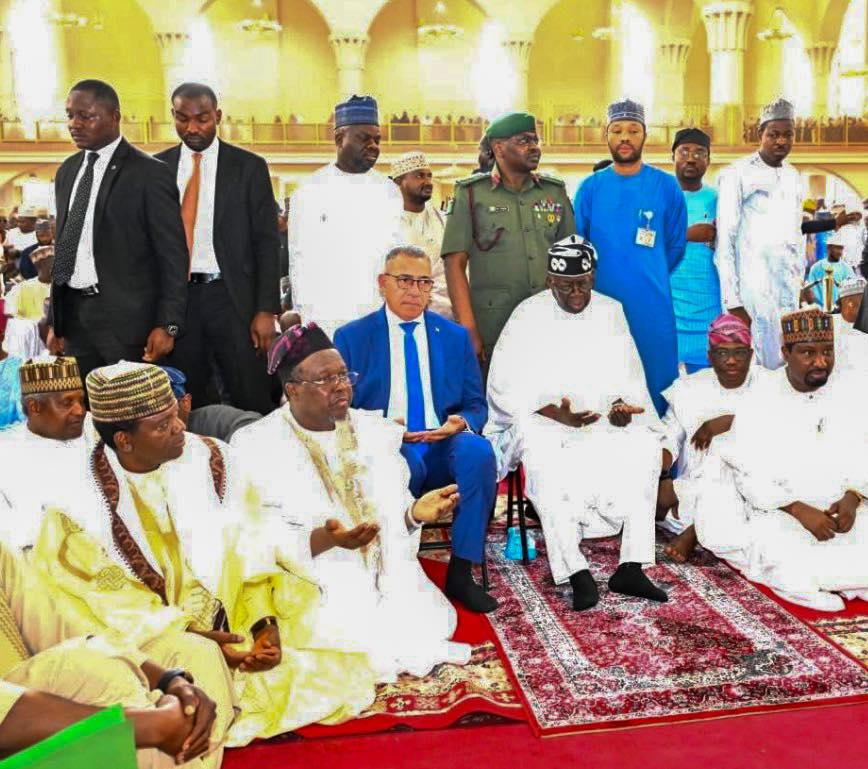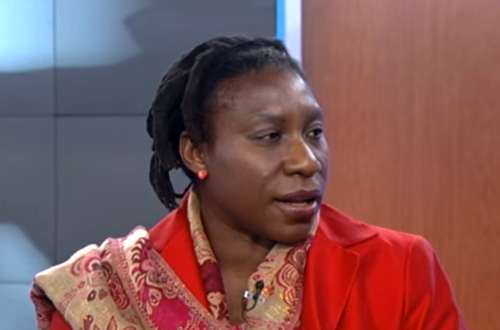State governors on Thursday slammed the Nigerian National Petroleum Company Limited for not remitting any funds at last month’s Federation Accounts Allocation Committee meeting.
The Chairman of the Nigeria Governors’ Forum and Governor of Ekiti State, Kayode Fayemi, also wondered how the oil firm was bold enough to declare profit when it had not been meeting its obligations.
Fayemi spoke alongside other governors during the Nigerian Governors’ Forum session on natural resources at the Nigeria International Energy Summit 2022 in Abuja.
In August last year, the NNPC declared N287bn profit after tax for its 2020 financial year, which was the first profit ever made by the oil firm in 44 year.
But while speaking at the governors’ natural resources panel session on Thursday, Fayemi wondered how NNPC was able to make a profit when it had not been meeting it obligations in terms of remittances to the Federation Account over the years.
He specifically pointed out that in the last Federation Accounts Allocation Committee meeting in February, the NNPC made zero remittance to the federation.
The governor, however, stated that state governments were anxious to see that the Nigerian oil sector thrived, as the bulk of the country’s earnings came from the industry.
Fayemi said, “We are very desirous that this industry is sustained over the long term. But we see areas of concern, particularly in terms of revitalising the industry around transparency, accountability, opex (operational expenditures).
“We’ve just had the Federation Accounts Allocation Committee meeting a couple of days ago and the NNPC contributed zero to the Federation Accounts this month.”
The NGF chairman stated that governors were aware of the fact that the rise in oil prices had not been favourable to Nigeria due to issues of fuel subsidy.
“Of course, we know why. For even though oil price in the international market is going up, maybe $110/barrel today or more, the more it goes up, it would appear that the more we suffer locally,” he stated.
Fayemi added, “So there’s an injurious relationship of sort between what is happening in the international market and what we are experiencing in Nigeria. And as critical stakeholders in the Nigerian federation, states are actually concerned about this.
“They (states) are concerned about how to grow this industry and ensure that it is sustained over the long term in a manner that it can benefit our stakeholders in the industry.”
On transparency issues in the oil sector and the inability of the NNPC to meet its obligations despite declaring profit, the NGF chairman said this was baffling.
He said, “When you look at the statistics, transparency is central to the challenge we face in the oil sector. On my way here, I was looking at the Natural Resources Governance Institute Report and Nigeria is not doing very well.
“We ranked 40 out of 58 natural resource countries on the transparency index because we are still believed to run a largely opaque oil industry. And we see it ourselves.
“The NNPC declares profit, yet it cannot meet its obligations. My simple knowledge of economics teaches me that it is only after you’ve met all the obligations that you then talk about making profits.
“So if your obligation to the federal accounts has not been met, how can you then talk about profit-making?
Fayemi further noted that it was the desire of state governments to also participate actively in the oil and gas industry in Nigeria.
He explained that while he was the Minister of Mines and Steel Development, the Federal Government ensured the creation of a special purpose vehicle that enabled some states to participate in the mining sector.
The governor charged the Minister of State for Petroleum Resources, Chief Timipre Sylva, and other players in the sector to work towards allowing states to participate in the oil sector.
Also speaking at the event, the Governor of Ondo State, Rotimi Akeredolu, said the issue that played out in February when the NNPC remitted zero allocation to FAAC indicated that Nigeria was bankrupt.
Akeredolu, who was represented by his Commissioner for Energy and Natural Resources, Razaq Obe, said, “With what happened last month, what that means is that we are running a country that is basically bankrupt. So we either act now or we are compelled to act perhaps when it is too late.
“Number two, we must get all the oil that can be produced from our reservoirs to surface now. The $100/barrel oil price is not going to go on forever. If we can get our production above two million barrels per day, that will be good for the future.”
On the Petroleum Industry Act, which was passed in August 2021, the Ondo governor said, “And for PIA, it has not delineated correctly or clearly what a host community is.
“If we don’t work on that, we may begin to create a kind of crisis and warlords would take advantage of the ordinary people that the PIA intended to take care of.”

 Privacy5 years ago
Privacy5 years ago
 News5 years ago
News5 years ago
 Entertainment4 years ago
Entertainment4 years ago
 News5 years ago
News5 years ago
 Opinion5 years ago
Opinion5 years ago
 News5 years ago
News5 years ago
 Sports4 years ago
Sports4 years ago
 Entertainment4 years ago
Entertainment4 years ago

